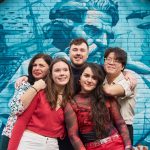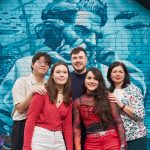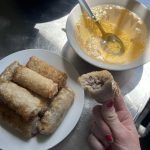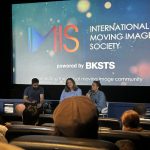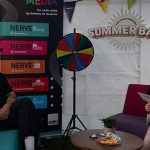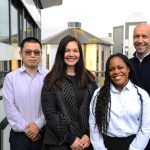 Produced by Guest blogger
Produced by Guest blogger
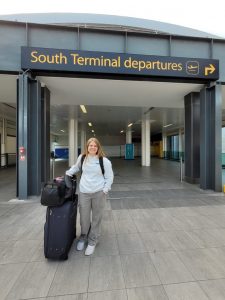 My name is Anna and I am a BSc (Hons) Children and Young People’s Nursing student at Bournemouth University. I have just completed my month long final second year placement in Takoradi, Ghana.
My name is Anna and I am a BSc (Hons) Children and Young People’s Nursing student at Bournemouth University. I have just completed my month long final second year placement in Takoradi, Ghana.
I have had Work the World’s website open on my laptop for the last 18 months! Completing an elective placement abroad has been a dream of mine for a while now. One of my inspirations to complete this journey was late Grandmother, who was a children’s nurse in Zambia for two years in the 1970s. I have been fortunate to follow in her footsteps. Discovering a new culture and exploring the healthcare differences between the UK and Ghana was one of my aims for this trip.
Preparations
Preparations for this trip began in November 2023, nine months before departure. I booked the trip, flights, vaccinations, visas and sorted out my Turing scheme funding. Fast forward to nine months later, i.e. the week I was flying out, and I had just bought all my scrubs and the equipment that I would need. I also just started taking my anti-malarial tablets.
On the 7th July 2024, I said goodbye to my family and friends and flew out to Ghana for my first ever solo trip. A mixture of nerves and excitement began to kick in. After a short 7-hour flight and 5-hour bus drive, I arrived at Work the World’s big blue house at 2:30am. In the morning, we had an orientation, hospital visit and then a trip to see the town. Little did I know that this day would be the day I made new friends for life. Settling in was challenging as it was something completely new and different, however we were all going through the same journey together and so we all supported each other!
Week 1
In my first week on placement, I saw blood transfusions, a C-section (where the power went out and we powered the operating room with our phone torches and big lights) and lastly dressing changes in the wound clinic. I found wound clinic highly challenging because the Ghanaian medical culture is to treat the medical concern first and foremost rather than the patient.
For example, a young child in a wheelchair came in who had been hit by a car a year ago and required wound dressing changes 3 times a week on both legs. This was challenging as no pain relief was given and they were visibly uncomfortable and in distress. Wounds are not graded and are all treated the same regardless of their severity.
The Weekend
On our first weekend, we went to Cape Coast to sleep in a treehouse in the rainforest and go on a 5am canopy walk. This was a highlight until a poisonous spider crawled onto my mosquito net and I screamed the treehouse down. Once the spider had been caught by the guide, I relaxed and had a great time. Then we headed to a hotel for the night where we stroked crocodiles and rode horses! We tie dyed our own fabrics in a workshop nearby. We also put on our England football shirts and watched the Euro’s Semi-final.
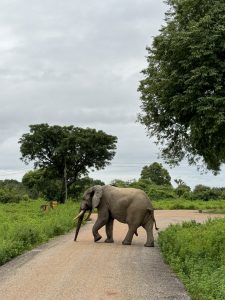 Week 2
Week 2
In week 2 of placement, I mostly spent my time in the community doing home visits and in the clinics. I loved doing home visits and meeting the families and as seen in the picture we had lots of other animal visitors during our check ups. The middle picture shows the weighing equipment used for babies. Being in the community was a great experience as I got to learn more about their culture, housing and communication with those who do not speak great English. The local language is Fante. We had frequent language lessons and tried to use it to communicate as best we could. We also had the opportunity to visit an orphanage to play games with the children and talk to the volunteers there. Musical chairs was a hit with all of the smaller children!
The Weekend
The second weekend’s trip was to Molé National Park in North Ghana. It was a long 16-hour drive. This was a real highlight of the whole trip. We were able to see the majority of Ghana and were fortunate enough to go to do another canopy walk to see waterfalls and go on safari and see elephants, baboons and warthogs.
Week 3
Week 3 was the most eye opening, yet amazing experience with my time spent in the emergency department and on an ambulance with the paramedics. I gained more confidence there and learned some new clinical skills. I was able to see and fully understand how to cope with limited resources. The hospital staff had to be innovative and creative with how they used their resources. This definitely made me reflect on how fortunate and grateful we are in the UK. My shifts in A&E also allowed me to see differences between cultures. In Ghana, the families do all of the personal care for 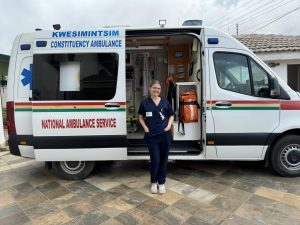 children, adults and their elders. Although it is not unusual for personal care to be done by the family in children’s nursing in the UK, it is unusual for this to be done within adult areas in UK healthcare. Another aspect of the emergency department that was eye opening, was the reduced sense of urgency when patients came in for treatment. This could be challenging and frustrating at times, however once I had appreciated that their way of working is different, it enabled me to embrace the relaxed nature of their system of work, which helped stressful situations go more smoothly.
children, adults and their elders. Although it is not unusual for personal care to be done by the family in children’s nursing in the UK, it is unusual for this to be done within adult areas in UK healthcare. Another aspect of the emergency department that was eye opening, was the reduced sense of urgency when patients came in for treatment. This could be challenging and frustrating at times, however once I had appreciated that their way of working is different, it enabled me to embrace the relaxed nature of their system of work, which helped stressful situations go more smoothly.
The Weekend
Our last weekend in Ghana lead us to Busua. Here we visited the community of Nzulezo, also known as the “village on stilts”. The community in this village worked, went to school and church all over water. We also went surfing, which was a great social activity, but proved not to be as easy as it looked! We also went to the local church and joined their service.
Week 4
In the final week of my elective placement, I spent a week with a family in the village of Princess Town. I lived with the family and embraced their way of life. For example, I ate all of their traditional dishes, bathed using buckets (due to there being no running water) and participated in activities such as collecting water from a well. The local health clinic staff were so welcoming and such great teachers. We screened patients for malaria, checked their blood pressure for hypertension and provided the correct treatments. The clinic’s working environment was very different compared to clinics in the UK. There were 8-10 nurses/midwives who work there and 1 physician associate, but typically, there would only be 1 nurse and 1 midwife on shift at any one time. The nurses are expected to triage the patients, diagnose them, treat them, sort out their prescriptions as well as look after the patients who are on the ward. This meant that staff morale was quite low in the clinic as there was a lot of pressure on the nurses, however they were all appreciative to have jobs and to help their families and community.
Final Thoughts
I would highly recommend to any students to carry out an international placement if they are able to. Although there were aspects of the trip which were challenging, it was all worth it to experience such an adventure of a lifetime. A piece of advice that I would give any students wanting to experience an international placement, would be to take your time to settle in, embrace the experience, learn the culture, ask questions and most importantly have fun! I will always remember the experiences I had and am confident that it will help me in my future nursing career.
Thank you,
Anna
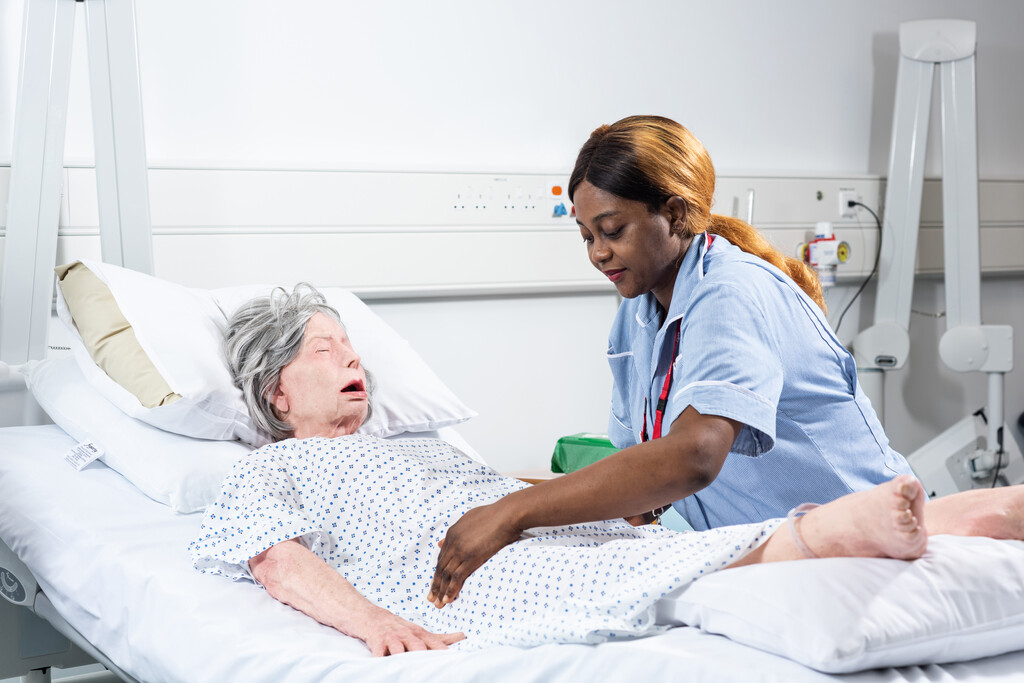
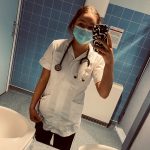 My Physiotherapy student experience
My Physiotherapy student experience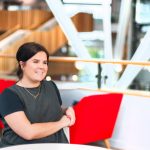 Bourne to progress, my placement story
Bourne to progress, my placement story 365 days in the workplace, working for a global team and remotely during COVID-19.
365 days in the workplace, working for a global team and remotely during COVID-19.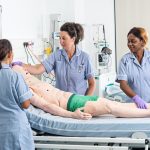 A mature student’s perspective on Adult Nursing and international placements
A mature student’s perspective on Adult Nursing and international placements

